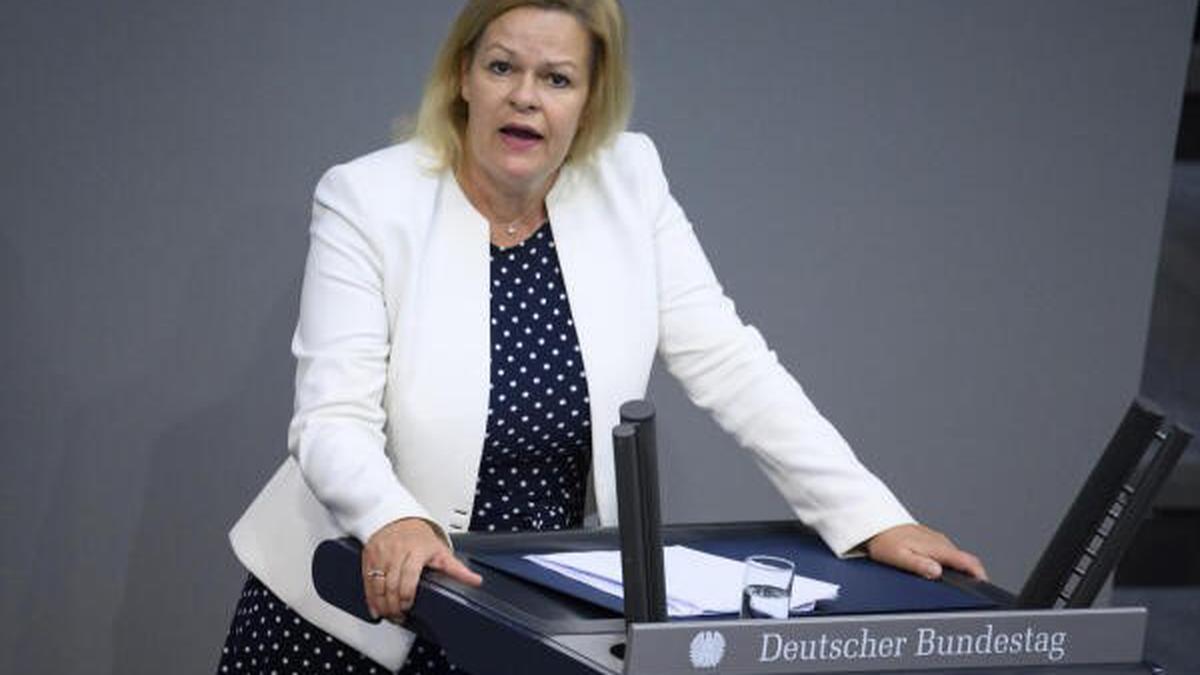
Explained | What are the reforms to immigration law for skilled workers in Germany? Premium
The Hindu
We examine the new German law in the works to increase foreign skilled worker immigration, as Germany’s own population ages and shrinks.
The story so far: Germany on June 23 approved a new law to attract skilled workers from outside of the European Union (EU) to come to Germany for work.
“We are finally taking the opportunity to create modern immigration law. We will ensure that we bring the skilled workers into the country that our economy has been urgently needing for years. Anyone who speaks to small and medium-sized businesses and the trades knows that that this is the only way we can ensure the prosperity of our country. We want skilled workers to be able to come to Germany quickly and get off to a flying start. We want to remove bureaucratic hurdles. If people bring work experience or personal potential, we will make it possible for them to enter our job market to gain a foothold,” German Federal Interior Minister Nancy Faeser said.
The law was approved with 388 votes in its favour, while 234 German lawmakers voted against it and 31 abstained, Reuters reported.
The new law expands the ambit of Germany’s immigration laws for skilled workers and makes it easier for them to enter the country. Anyone who has two years of professional experience and a professional qualification recognised in their home country will be eligible to immigrate as a worker. Previously, the qualifications had to be recognised in Germany.
The reforms also introduce an “opportunity card” — a job-hunting provision based on a points system to ease immigration into Germany. The selection criteria for the opportunity card includewhich qualifications, knowledge of German and English, work experience, connection to Germany, age, etc. The points system can be considered somewhat similar to Canada’s Comprehensive Ranking System that assigns points to eligible candidates based on categories like skills, education, language ability, work experience, and other factors for immigration to the country. In fact, Ms. Faeser called Canada a “role model” that Germany should learn from, as far as immigration for foreign skilled workers is concerned.
Germany’s opportunity card will provide options for probationary or part-time employment, with potential conversion to a residence permit for employment or education.
Germany and the EU at large are seeing an ageing and shrinking population, which also affects the labour pool. According to research by the Foundation for Political Science and Politics (SWP) of the German Institute for International and Security Affairs, there is a keen shortage of skilled workers, especially in social and education sectors, health and care, construction and skilled crafts, information technology and jobs in science, technology, engineering and mathematics (STEM). Other European countries, Germany’s primary source of skilled labour, are also plagued by similarly ageing and shrinking populations.

 Run 3 Space | Play Space Running Game
Run 3 Space | Play Space Running Game Traffic Jam 3D | Online Racing Game
Traffic Jam 3D | Online Racing Game Duck Hunt | Play Old Classic Game
Duck Hunt | Play Old Classic Game











